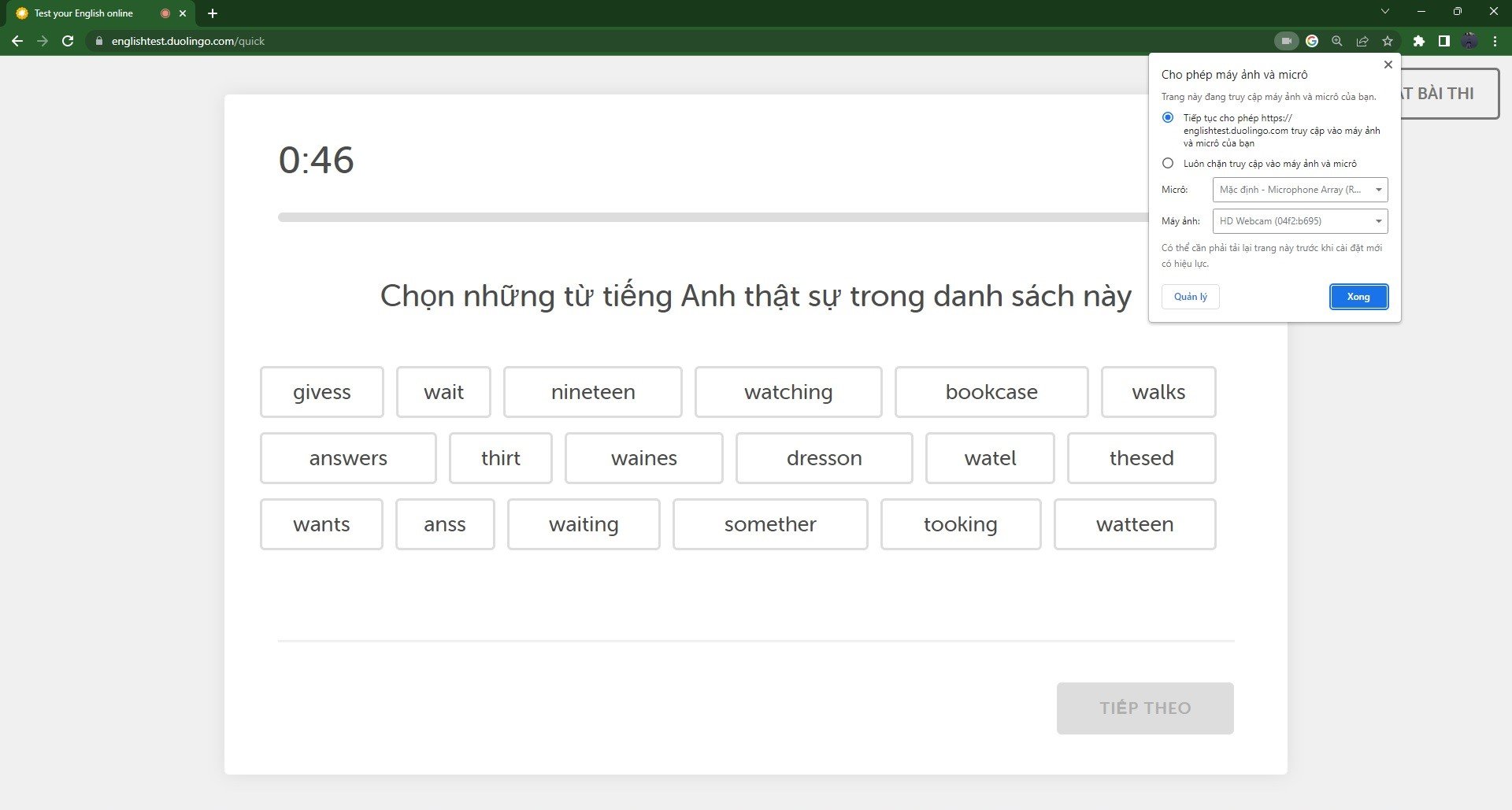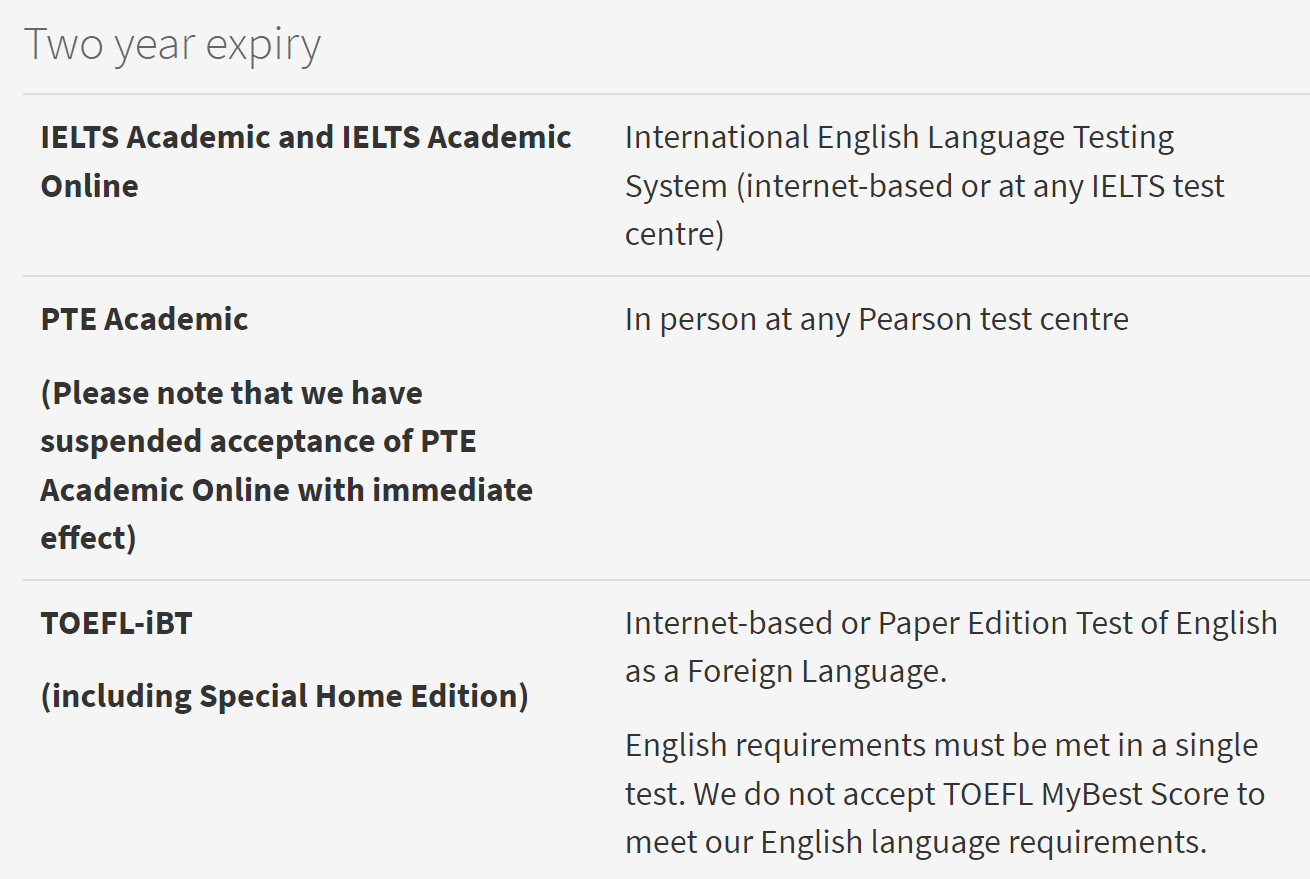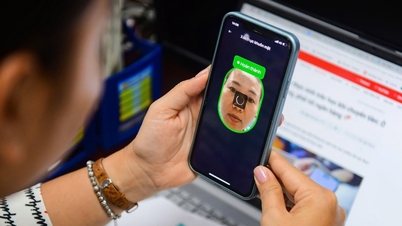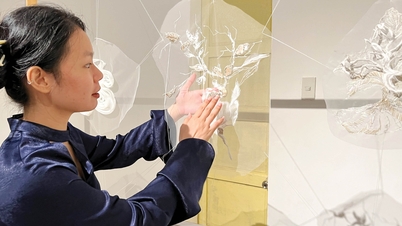
Deepfake technology, an application of AI, can help candidates cheat in online English exams
The danger of deepfake
Speaking at an event in London (UK), many senior security engineers commented that although they are leading the way in ensuring the integrity of international English certificates, stakeholders must continue to be vigilant and openly discuss the fight against exam cheating.
Accordingly, deepfake technology, famous for using AI to recreate people's faces in videos for the purpose of fraud or misinformation, is said to be present in online English exams. Specifically, it will help others pretend to be candidates to take the exam with faces and expressions "sculpted" to look real so that they cannot be detected during the test.
To address this, Duolingo, the language learning platform that owns the Duolingo English Test (DET), has appointed a chief deepfake engineer to proactively address the security threats to the test.
"Deepfake is a machine learning-based attack, but we have similar, if not better, technology than those used by exam cheaters. In addition, real-time deepfakes are extremely complex to implement and require much more expensive equipment than deepfakes of existing videos," said Basim Baig, head of DET's cybersecurity department.

Duolingo English Test mock test interface with Vietnamese questions
The PIE News also quoted Mr. Basim Baig that online English test organizers are using both AI and humans to monitor test takers’ activities. This helps ensure the security of the test, as well as increase the ability to detect outside interference.
On the other hand, Ms. Kimberely Snyder, Senior Director of Operations at Duolingo, listed some signs to detect whether a test taker is using technology like deepfake to impersonate or not. "One of them is observing common behavioral signals and assessing how they are different in the video, like eye movements or teeth," she said.
Risk of exam cheating
According to The PIE News , online English test providers do not share a common system for monitoring and security. On the other hand, many companies only developed online tests to quickly cope with the pandemic situation, or to meet the growing trend of online learning and testing.
Earlier this year, several British universities expressed concern when many international students submitted their PTE Academic Online test results at home with high scores, even reaching the maximum score. In response, Pearson, the education group that organizes the test, had to withdraw or cancel the results of some candidates in August due to suspicion of cheating.

Edinburgh University's announcement to ban PTE Academic Online certificates in August 2023
To date, Pearson has only informed that the assessments of some PTE Academic Online test takers have shown violations during the test, but has not explained the reason why the test was compromised. This has led to many UK universities no longer recognizing PTE Academic Online as well as revoking the admission status of candidates who submitted this type of certificate.
According to Mr. Basim Baig, the education sector is attracting more and more cases of organized exam cheating. The reason is that if the subjects help candidates cheat in international English exams, they may not violate the law of that country but only violate the terms and services of a specific multinational company.
"Meanwhile, if you cheat via the internet, phone or any electronic means, you will be considered an international criminal. That is the reason why many people open exam cheating services, because they can earn money without serious consequences," Mr. Basim Baig assessed.
DET was launched in 2016 and since then there has been a rapid increase in other online tests such as IELTS (IELTS Online) or TOEFL iBT (Special Home Edition). These tests enable learners to obtain international English certificates if there are no test centers in the country, instead of having to travel to other countries to take the test as before.
Source link





















![[Video] Hanoi announces list of qualified candidates for teacher recruitment on October 24](https://vphoto.vietnam.vn/thumb/402x226/vietnam/resource/IMAGE/2025/10/19/1760887897436_thi-giao-vien-4228-jpg.webp)






















































































Comment (0)